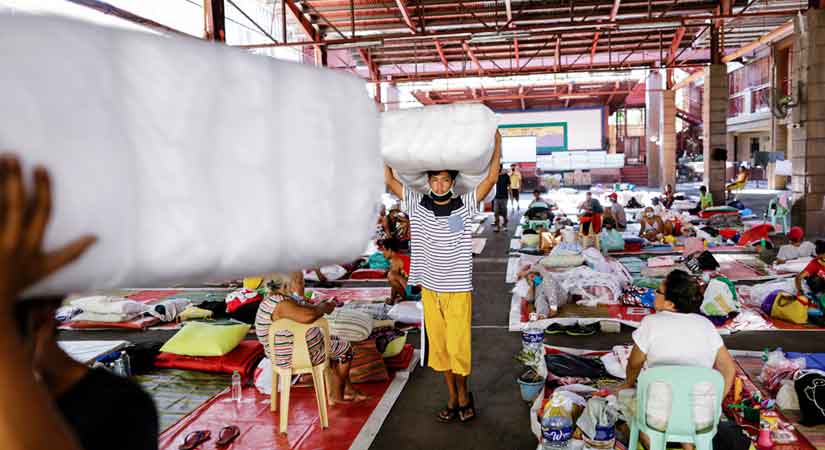PSE index fails to return to 6,000 at week’s end
By Denise A. Valdez, Senior Reporter
PHILIPPINE SHARES dropped on Thursday, leaving the main index below the 6,000 level ahead of the long weekend, as investors anticipated the government’s announcement on quarantine restrictions come August.
The benchmark Philippine Stock Exchange index (PSEi) shed 37.82 points or 0.63% to close at 5,928.45 on Thursday. The broader all shares index removed 7.97 points or 0.22% to end at 3,500.27.
This put an end to the PSEi’s two-day climb and erased hopes it would return to the 6,000 level before the week closed.
“The market shrugged off news reports that the US Federal Reserve would (use) all of the tools in their arsenal to provide a backstop for their markets,” PNB Securities, Inc. President Manuel Antonio G. Lisbona said in a text message.
“There were also some lingering concerns on the rising number of local COVID-19 (coronavirus disease 2019) cases… A recent government pronouncement (said) that if the number of cases reaches 85,000, a return to a more restrictive quarantine scenario may come into play,” he added.
The number of local COVID-19 cases reached 85,486 on Wednesday, breaching the government’s previously announced threshold before reimposing stricter quarantine measures.
President Rodrigo R. Duterte was scheduled to make announcements on Thursday night, which worried investors of the situation next week.
US stocks closed higher on Wednesday, adding to gains after the Federal Reserve repeated a pledge to use its “full range of tools” to support the economy but cautioned that the outlook “will depend significantly on the course of the virus.”
But despite the PSEi’s decline, AAA Southeast Equities, Inc. Research Head Christopher John Mangun noted the decline is still its smallest weekly loss in the last four weeks.
“The PSEi ends the week down 1.25%. This…tells us that selling pressure is waning and buyers can start coming back into the market with less resistance,” he said in an e-mail.
The market is closed on Friday in observance of Eid’l Adha.
Sectoral indices were divided equally among gainers and losers at the end of Thursday’s trading. Mining and oil rose 154.32 points or 2.89% to 5,489.77; services improved 8.62 points or 0.62% to 1,379.39; and industrials added 23.80 points or 0.32% to 7,472.09.
On the other hand, financials gave up 16.50 points or 1.42% to 1,139.13; holding firms lost 48.32 points or 0.77% to 6,151.38; and property dropped 21.36 points or 0.72% to 2,913.03.
Some 1.34 billion issues valued at P5.09 billion switched hands on Thursday, slightly higher from the previous day’s 1.18 billion issues worth P3.57 billion. Advancers outpaced decliners, 114 against 78, while 47 names ended unchanged.
Net foreign selling climbed to P563.91 million from the P86.74 million seen the previous day.




